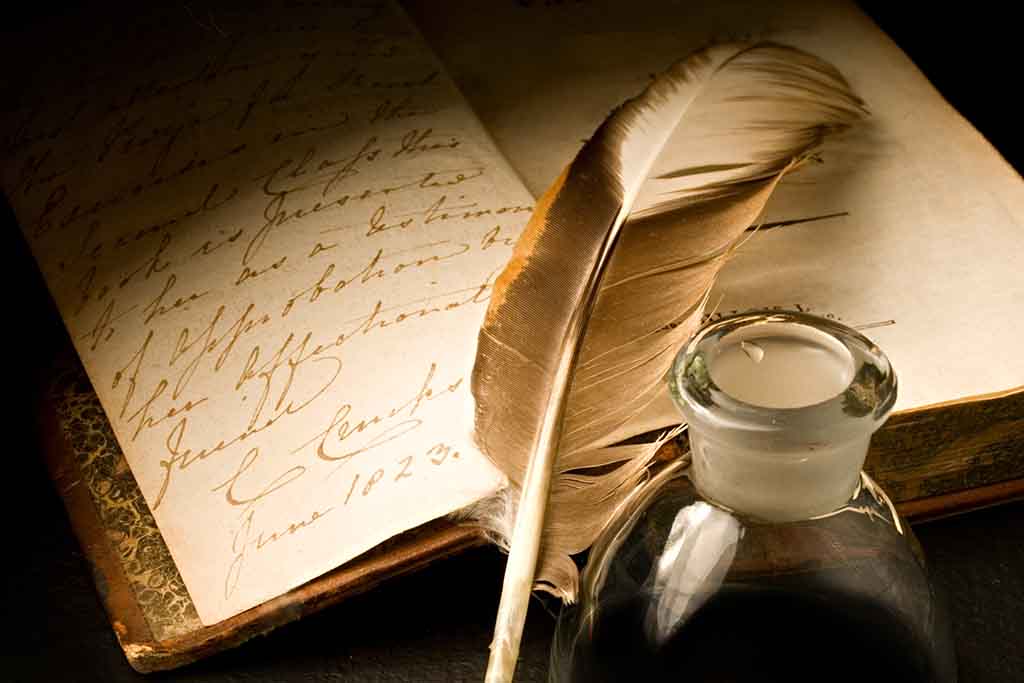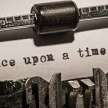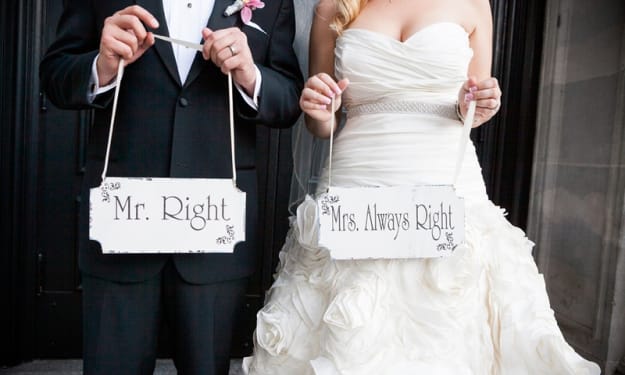Dickens vs. Austen
Which master of literature is better?

From as far back as history can remember, people have fallen in love with words. Over time, the fashion, language, style, and genre of books have been influenced by the changing winds of culture and literary revolutions.
But there are always authors that will stand out for their own explicit or subtle reasons. And among the heaps of loved and rejected works, there are two authors who have somehow managed to continuously fight their way to the top. Readers all around the world like to claim that they adore, nay worship, the accomplishments of Jane Austen and Charles Dickens.
In our society, we are not considered adequately cultured unless we can claim a sufficient acquaintance with a text attributed to this pair of scribblers. But, what is it about these two writers that render them so addictive and compelling?
In the case of Jane Austen, people have been captivated by her six novels for over 200 years. Her stories sensitively but boldly encase the themes of family, feminism, and romance, through twisting, flimsy perceptions of ideal relationships. Austen’s love stories and controversial characters have transcended changing cultures and have remained relatable, intelligent, and reflective. However, her charming Mr. Rights and conniving Mr. Wrongs have become hallmarks of love for men and women across the world.
Dickens, on the other hand, is revered for his complex plots that intertwine multiple equally absorbing threads at once. His stories are dramatically thrilling and throw the reader into a tangled but inviting plot, which not only flirts, but fully marries the concepts of relationships, poverty, wealth, lies, and scandalous secrets. And of course, we can’t forget his many larger-than-life characters who cause us to love and hate with great intensity through their whimsical individuality. I feel like I want to embrace and kiss half his characters on the cheek, whilst kicking the other half into the Thames because of their rotten souls. His work is always crazily complicated, but always memorable and worth getting to know.
However, for some reason, despite the immortality of these authors, most readers can’t seem to get to grips with both of them as a complimentary pair. They often love and praise the work of one, whilst criticising or tossing aside the other.
I would like to suggest, that even although this is fair, and all readers are entitled to their own taste, both authors and their efforts have provided fresh and personal flavour to literature, and we will soon see why.
But first, why do people take a side? One argument given by readers is that Dickens wrote more works than Austen and therefore has more to offer. In some ways, this is true, as Dickens gives his name to at least 15 intensely meaty novels and a host of short stories, whereas Austen published six works. Still, I would like to suggest that quantity does not equal quality, and although Austen wrote less than Dickens, that does not reflect the worth of her contributions. Also, one might point out that Dickens lived 20 years longer than Austen and, therefore, had more time to scribble away.
A second issue that is raised is the belief that Austen’s novels only appeal to women, whereas Dickens is relevant to a wider range of readers. It is true that Austen tends to attract a dominantly female following, probably due to centralised female characterisation and romantic story-lines. However, even although Austen’s characters and stories may lack action, they provide an intriguing source of information about late 18th-early 19th century life and customs, which continue to be applicable and meaningful to all generations and cultures.
A third comment is that Dickens writes more exciting novels, whereas Austen’s work is bland and predictable. Dickens is indeed famous for his bizarrely tense and layered stories. Yet, I think that it is essential to note the context in which these authors were writing. Dickens had an eventful and harsh childhood, which was followed by a busy adulthood as a London celebrity. Dickens was not just a man who wanted to tell a good story whilst exposing the corruptions and inequalities of Victorian England. No, he was a sensational columnist. Dickens’s work was created in order to entertain a mob of readers who were hungry and desperate for plots which genuinely rival EastEnders.
On the other hand, Austen’s motive and style leaves much to be admired. This woman had a very sheltered life which was limited in experience, education, knowledge, and excitement. Therefore, I find it incredible that a woman with such little awarded to her, managed to write so passionately and accurately about the core concepts of life. In my eyes, the beauty of Austen is that she takes a boring, everyday existence and makes it fascinating, real, and touching. Beyond that, she has documented the reality and fanciful emotions of love and relationships in such a way that her words have been sought for comfort and instruction for 200 years. She understood that cultures change, but love and betrayal remains fundamentally steadfast and relatable.
So, to finish this article, I would like to give readers my own opinion to think upon. Everyone is entitled to their opinion, and tastes. That is why you don’t have to like Austen and Dickens, or even like either of them. But, it is worthwhile to properly consider them both in their individual and natural field of expertise and purpose.
I truly believe that Charles Dickens and Jane Austen are both geniuses. They wrote in different times with opposing styles, themes, audiences, and concerns. Each has their own strengths and individual triumphs. Both writers have been clever and unique enough to master the art of narration from very different and estranged angles. But my thoughts are that we should treasure them both as exquisitely talented authors who wrote classical gems that are worth having on your bookshelf.






Comments
There are no comments for this story
Be the first to respond and start the conversation.